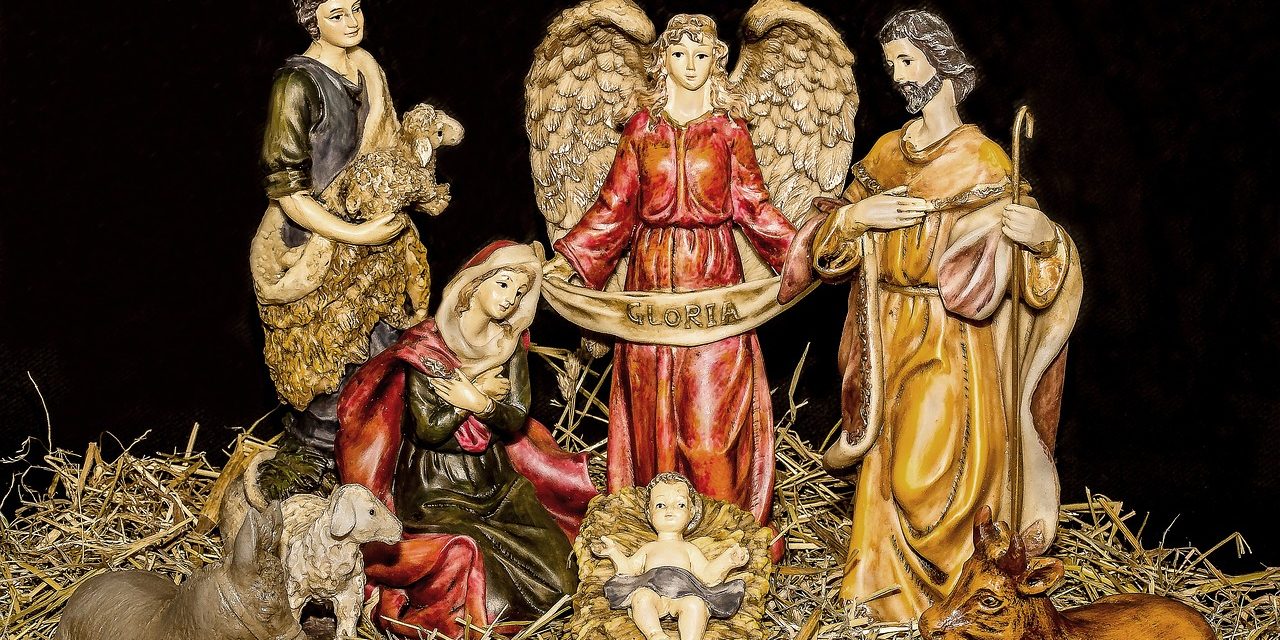This week’s theme gives me a scratchy feeling in my throat, somewhere between being hit with bad news and being hit quite literally. It makes me want to go back to bed and wait for spring, and it makes me want to “rage against the dying of the light” as a favourite poem puts it.
Hope deferred.
Is anything worse? The thing you wanted and longed for, that looked like it was just within reach – and suddenly it’s delayed, and you’re back to waiting. But you can’t give up, because somehow it’s just around the bend again.
In Aristotelian story structure – the three-act structure that most of the western world naturally bases their storytelling around – this “hope deferred” has a name. It’s the end of the second act, the hero is well on his way. He’s done his training montage, and it looks like he has a chance. But something happens. He faces the villain too early, he’s hit with an unexpected betrayal or another hurdle, Obi-Wan is killed, and all hope seems lost. Story writers call it the dark night of the soul.
The hero has to sit, alone in some meaningful way, and decide whether to give up or give it his all, which leads to the opening of the third act and into the climactic battle. There’s an uncertainty and a kind of sadness because the initial optimism of the early second act seems unfounded. Even when we know that victory is coming, we ache for the hero as he’s faced with the probability of defeat – whatever his endeavour is.
Proverbs puts it this way: “Hope deferred makes the heart sick.”
Can you feel it? Hope, small and flickering, seemingly so fragile, nearly gone.
This wouldn’t be a keystone of how we tell stories to each other if it didn’t resonate with our hearts. We know what it is to have hope, to lose it, and to wonder whether to keep walking our path.
We know it too in our Christian lives – in a sense, we live in a place of deferred hope, an in-between space.
The Lord has come! His Spirit is with us! As Christ said, “And proclaim as you go, saying, ‘The kingdom of heaven is at hand’”(Mt 10:7).
I don’t want to skip over this, because this is our reality. Christ has come. He healed the blind, the sick, and the lame. He saves and rescues and gives us hope. As Romans 5 says, “hope will not put us to shame”. We can rest on the hope that Christ is. We can live in a kingdom that cannot be shaken, and we know that nothing can separate us from the love of God that is in Christ Jesus our Lord.
And yet… we look daily on the darkness and horrors of this world, the pain and the injustice. The final battle is yet to come. And when the days are hard and the outlook dim, we aren’t sure we’re going to make it. We look at our strengths and abilities and gifts and even friends and allies and we wonder how such as we are could overcome much of anything, much less the enemy we face.
I’m not being a downer – well, I am, but an honest one. These moments and days will come for you, if they haven’t already. What will you do when your hope vanishes around the bend and your heart sickens?
I can’t answer that for you – most days I can’t answer it myself. But Paul writes of these days:
And not only the creation, but we ourselves, who have the firstfruits of the Spirit, groan inwardly as we wait eagerly for adoption as sons, the redemption of our bodies. For in this hope we were saved. Now hope that is seen is not hope. For who hopes for what he sees? But if we hope for what we do not see, we wait for it with patience. (Romans 8:23–25)
So St. Paul reminds us that hope is not about what is seen, or what is within reach. Hope is the way-out-there, wild-dreaming, never-gonna-give-up stuff of life. Our hope is not just in our adoption, our glorification, or any particular event. Our hope is Christ himself. He has not abandoned or betrayed us, and he will not. He’s the hero who won’t walk away in the dark of the night. Our way-out-there hope is actually so very attainable when we consider his faithfulness, his lovingkindness.
Earlier I said that I can’t tell you what I will do on the days my heart withers and shrivels and hope is out of sight. That’s true. But I can tell you something that helps, that God gave as 2 commands for His’s people Israel, over and over, and that are every bit as helpful for us today. I can remember what God has done, and I can remember who God is.
The psalms are full of recountings of God’s rescue of his people from Egypt, from the hand of enemies, and from the sorrows of the heart. The pages of the prophets drip with God’s insistence that he loves and acts out of love and faithfulness and righteousness. The stories like Ruth remind us that even when God’s name is barely mentioned, he is working to redeem and save. And the story we focus on at advent, the aches of waiting for what is promised, and the surprise at how it finally comes, is the literal God’s-word-made-flesh story.
And when I look at that God, instead of my fears and failures and fleeting hopes, my heart picks itself up and dusts itself off.
One more thing.
When I mentioned the proverb about hope deferred, I left something out. Proverbs doesn’t leave you in the inbetween, unresolved state any more than Christ does.
Hope deferred makes the heart sick,
but a desire fulfilled is a tree of life. (Proverbs 13:12)
For Advent, St. Peter’s Fireside will be tracing the theme of Hope throughout the Book of Ruth through our sermons, poetic reflections and these blog posts. You can listen to the third sermon, Hope Enacted, here and read the third poetic reflection here.




